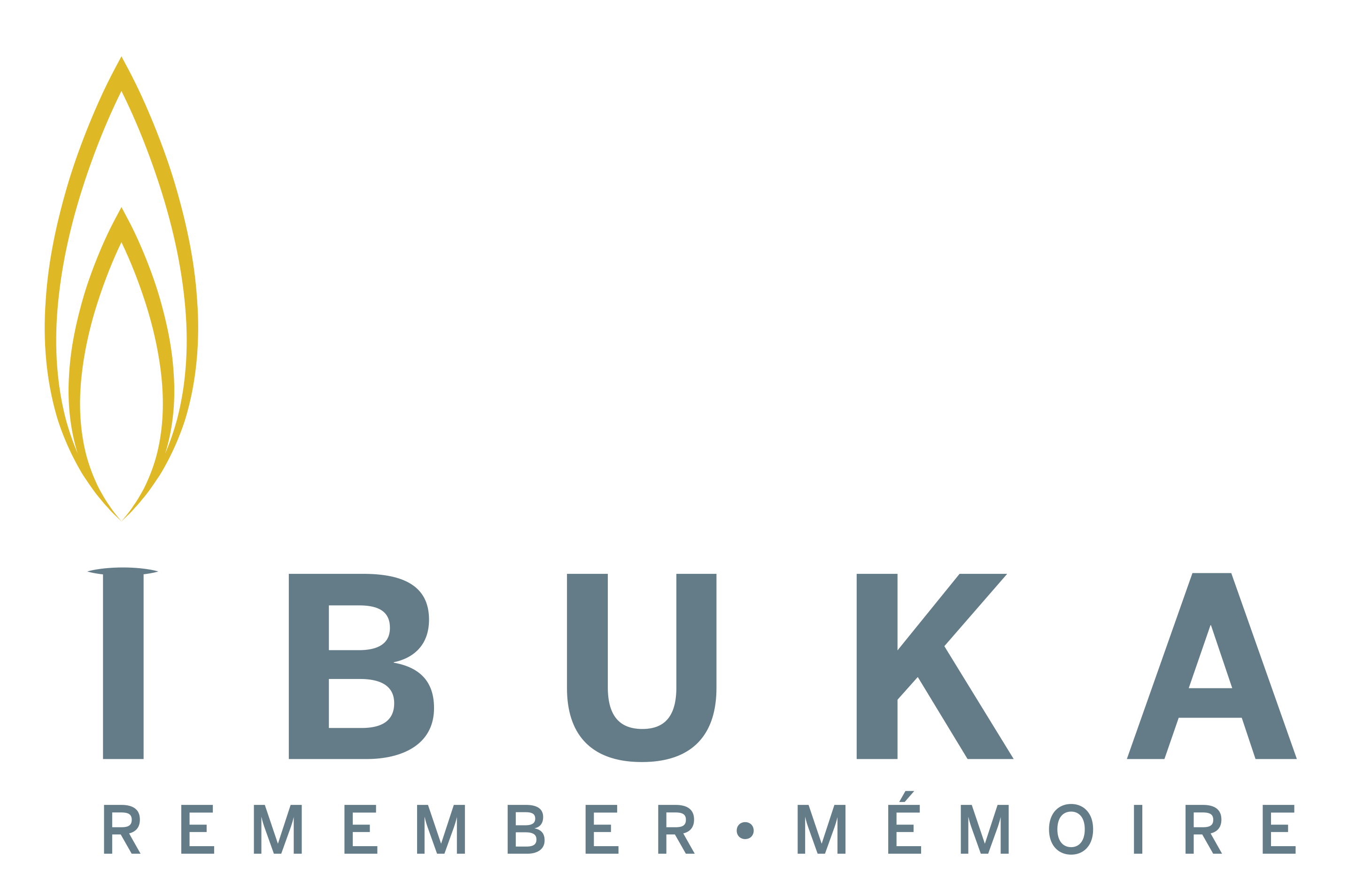Here, you’ll find answers to commonly asked questions about our mission, programs, and how you can get involved. If you have questions not covered here, please email us at ibuka.us@gmail.com. Thank you for your interest in supporting our work.
IBUKA USA is a nonprofit organization dedicated to commemorating the victims of the 1994 Genocide against the Tutsi in Rwanda and supporting survivors. We work to educate, raise awareness, and advocate for justice and healing within communities across the United States and beyond.
“IBUKA” means “remember” in Kinyarwanda, Rwanda’s national language. The name signifies our mission to ensure that the memory of the genocide and the stories of survivors are honored and preserved for future generations.
Our main goals include:
1. Commemorating the 1994 Genocide against the Tutsi.
3. Supporting survivors through various programs.
3. Promoting awareness and education to prevent future genocide.
We provide resources for counseling, scholarships, advocacy, and community-building to help survivors heal, thrive, and connect with others who share their experiences. We also partner with local and international organizations to offer additional support.
You can get involved by volunteering, attending our events, supporting educational initiatives, or donating to support our mission. Please visit our “Get Involved” page for more details on opportunities.
Donations can be made through our website by visiting the “Donate” page. All contributions go towards supporting our programs and initiatives that help survivors and promote genocide awareness. For more information send us a quick message through contact page, one of us will follow up.
Yes, IBUKA USA organizes commemorative and educational events, particularly around Kwibuka, the annual genocide commemoration period in April. We also host workshops, talks, and community events throughout the year.
We provide educational resources, historical accounts, survivor testimonies, and articles on our website. Additionally, attending our events and workshops can be a great way to learn directly from survivors and experts. For more details, contact us; we would be happy to discuss further and provide guidance on available resources.
IBUKA USA welcomes four types of members:
Genocide Survivors – Those who lived through the 1994 genocide against the Tutsi, sharing their experiences to ensure remembrance and prevent future atrocities.
Extended Survivors – Family members or descendants of survivors, committed to honoring the memory of those lost and advocating for justice.
Individual Partners – Supporters who stand in solidarity, contributing their time and resources to amplify survivors’ voices and promote peace.
Organization Partners – Institutions and companies aligned with our mission, providing essential support, resources, and outreach.
Please note: Individuals involved in genocide or crimes against humanity are not welcome as members.
Read more about our members here.
We welcome partnerships with organizations that share our commitment to justice, education, and community support. For partnership inquiries, please contact us through our website’s “Contact Us” page or email us directly.
